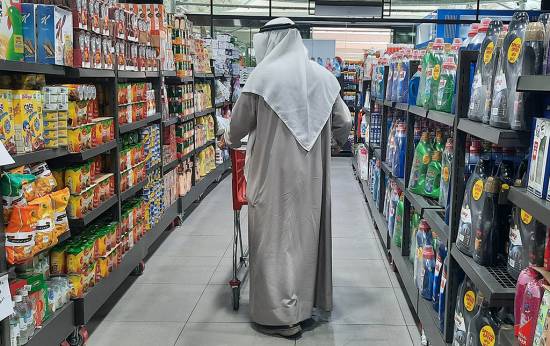Kuwait: Call to boost local production for food security, low prices Featured
The ministerial committee for food security has prepared a wide-ranging report that includes a roadmap and presented it to the Cabinet. The report is the first after two months since its formation, with requests and recommendations the next government must execute immediately to obtain the desired results to shield the country from global food price fluctuations during crises.
The committee emphasized supporting local agricultural production and diversifying production, while increasing yield and improving marketing. The committee prepared a schedule with dates to boost self-sufficiency in many food items within three years. It called for opening up agricultural land ownership and hold violators who disregard the production output mentioned in their contract.
The plan has new stipulations for allocation of new plots to achieve the goals of vertical expansion through modern agricultural techniques, save water and increase production to meet consumption demands. The report calls for ensuring a local supply of meat through follow up and supervision of products livestock farmers send to the local market, which has resulted in shortages and a dire need for imports, which led to a rise in prices.
The committee said the same recommendations apply to poultry and egg companies to avoid repeated crises. The recommendations applicable to animal husbandry also include fish farms and fish stocks. It added fish farming sites must be increased, as the infrastructure in Kuwait is ready for such projects, calling on fish farmers to supply all varieties of fish all year round at lower prices.
The committee advised coordination between the interior ministry, customs department and ports authority should reach the maximum level to ease the transport of products to stores and warehouses. It called to quickly build new multipurpose warehouses, while emphasizing the role of cooperative societies in maintaining food security.


